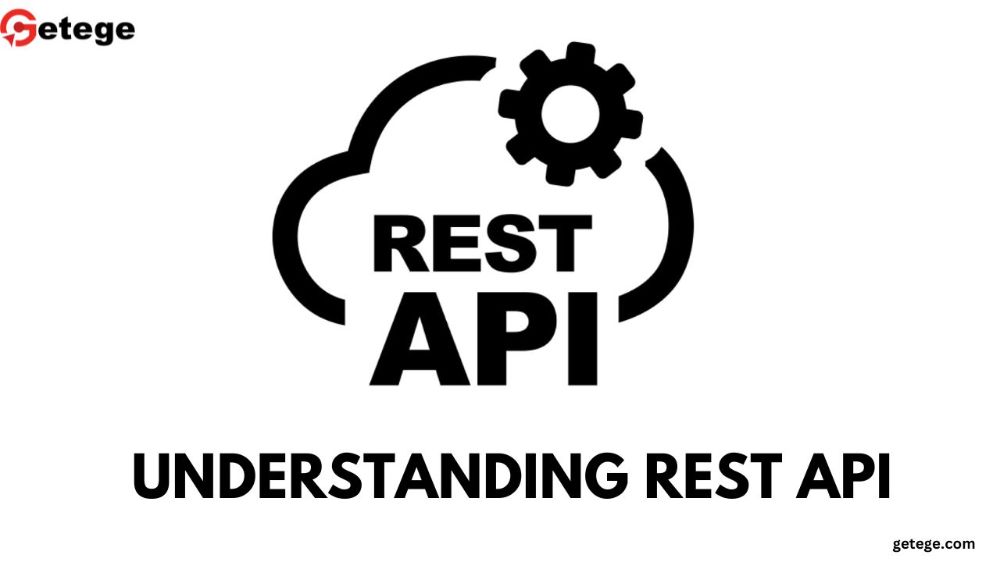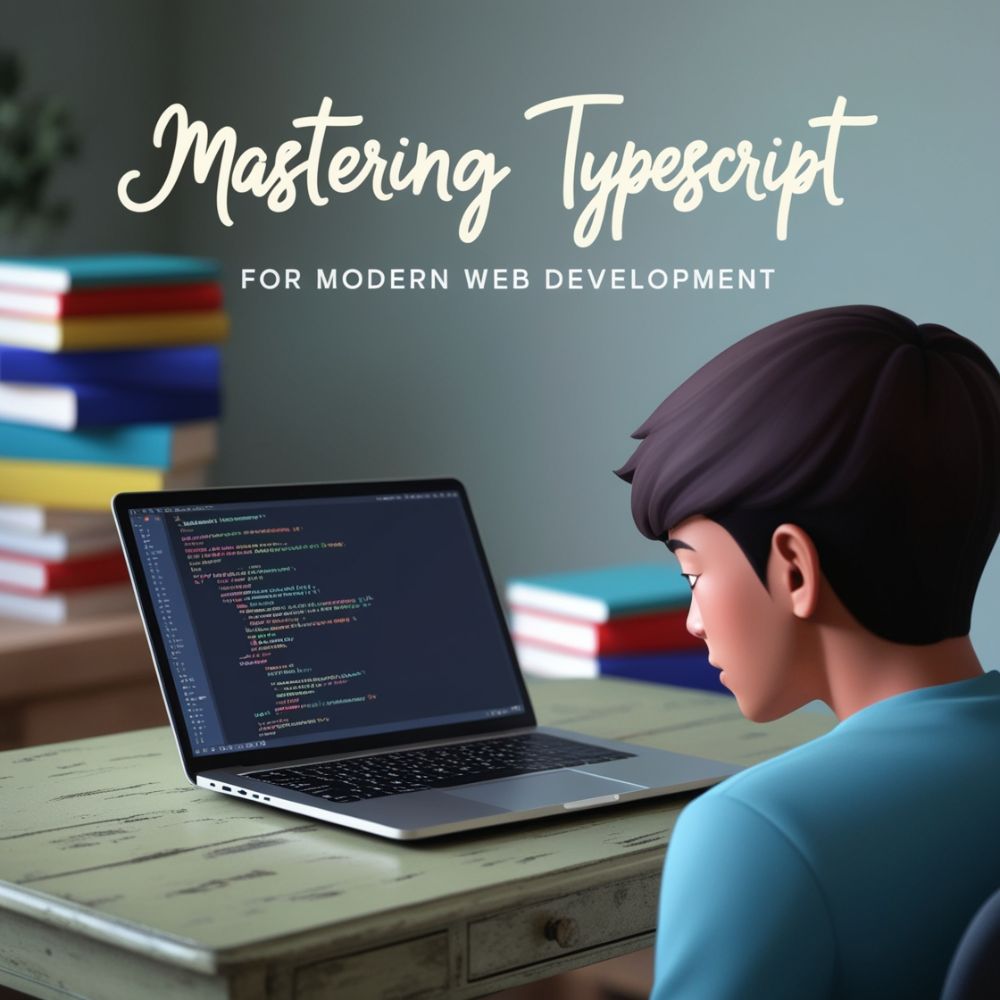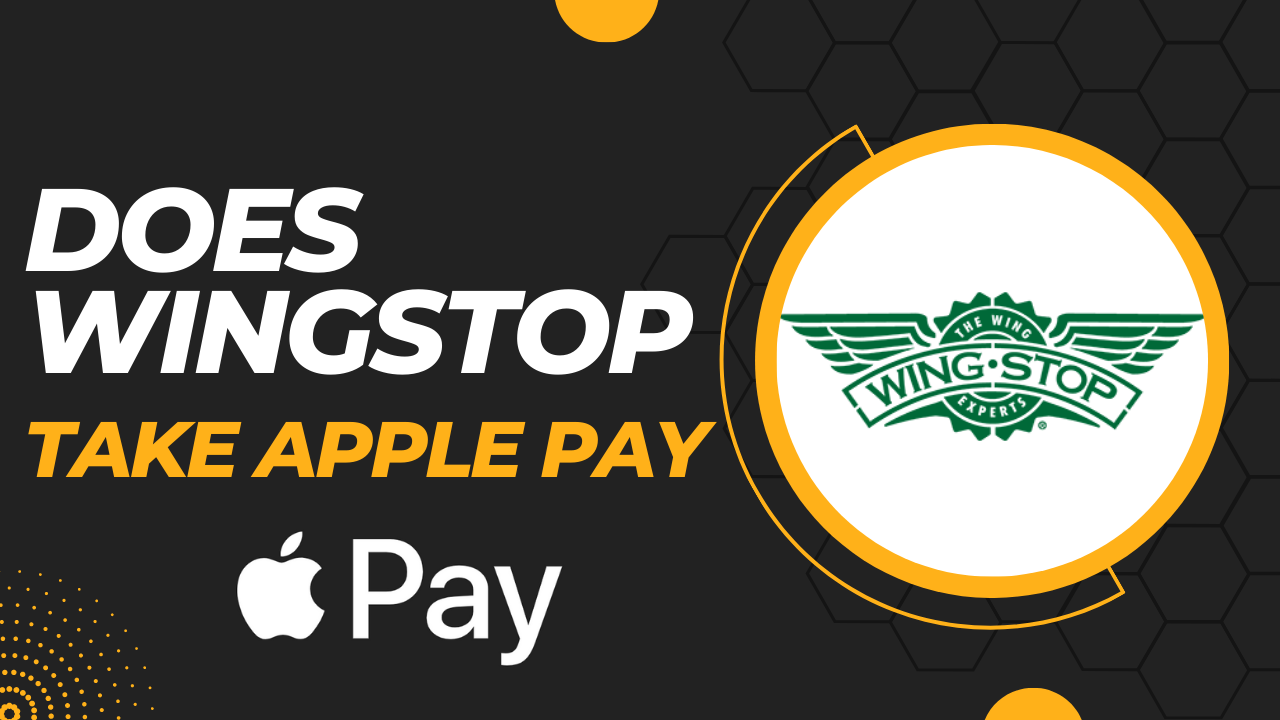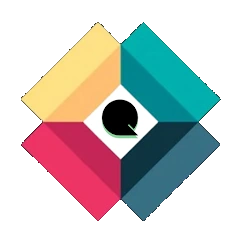Revolutionizing Apps: The Latest Trends Every Mobile Developer Should Know
Mobile Developer is one of the most lucrative career choices due to the ever-growing demand for mobile applications. With the rise of smartphone usage and the need for businesses to engage with users via apps, mobile development is a critical skill. This blog post will provide you with everything you need to know about becoming a mobile developer, from essential skills to career options and the tools required. Let’s dive in!
What Does a Mobile Developer Do?
A mobile developer specializes in designing, coding, and maintaining applications for mobile devices. These apps can be built for specific platforms like iOS or Android, or they can work across multiple operating systems (cross-platform development).
Mobile developers are responsible for:
- Writing clean, efficient code
- Testing and debugging apps
- Collaborating with designers and other team members
- Updating apps with new features
- Ensuring apps meet performance and security standards
- They often use programming languages like Swift, Java, Kotlin, or JavaScript depending on the platform they are targeting.
Key Skills Every Mobile Developer
To succeed as a mobile developer, you need to master several core skills:
- Programming Languages: Depending on your platform, you should know languages like Swift (iOS), Java/Kotlin (Android), or JavaScript for cross-platform apps.
- API Integration: Most mobile apps rely on APIs to communicate with servers, databases, or other applications.
- UI/UX Design Knowledge: While you may not be a designer, understanding basic design principles ensures you create apps that are easy to use and visually appealing.
- Version Control (Git): Using tools like GitHub or GitLab to manage and collaborate on code is essential for most developers.
- Problem Solving: Every app has its unique set of challenges. Problem-solving and debugging skills are vital to finding solutions and optimizing performance.
Best Tools for Mobile Developers
To streamline mobile development, having the right tools in your arsenal is critical. Below are some of the best tools for developers :
- Xcode: The primary IDE for iOS development, offering all the tools needed to build, test, and debug apps.
- Android Studio: The go-to IDE for Android developers. It provides integrated debugging, emulation, and testing tools.
- Flutter: A popular open-source framework for building cross-platform apps from a single codebase.
- React Native: Another powerful cross-platform development framework, using JavaScript to build apps that feel native on both iOS and Android.
- Firebase: A suite of tools for app development, including analytics, authentication, databases, and cloud storage.
- Mobile App Frameworks: Native vs. Cross-Platform Development
One of the first decisions you’ll make as a mobile developer is whether to specialize in native development or cross-platform development.
Native Development:
They use platform-specific languages, such as Swift for iOS and Kotlin for Android. Native apps often deliver the best performance and a more seamless user experience because they are tailored to the specific operating system.
Cross-Platform Development:
Cross-platform tools like Flutter and React Native allow developers to build apps that work on both iOS and Android with a single codebase. While this approach saves time and resources, it may not offer the same performance and customization as native apps.
Ultimately, the decision depends on the project’s goals, resources, and the desired user experience.
Career Paths for Mobile Developers
The career outlook for mobile developers is highly promising, with opportunities in various industries, including:
- Freelance Development: Many developers choose to work independently, offering their services to multiple clients. This path offers flexibility but requires strong self-management.
- In-House Developer: Many companies hire dedicated mobile developers to work on their apps full-time. This route provides stability and opportunities for career advancement.
- App Startup: If you have a great idea, you can develop and market your own app. While it requires significant investment, the potential rewards are high.
Conclusion
Becoming a mobile developer is a rewarding career path with a wide range of opportunities. Whether you focus on native or cross-platform development, mastering the right skills and tools will set you up for success. With the growing demand for mobile applications, there has never been a better time to dive into mobile development.














